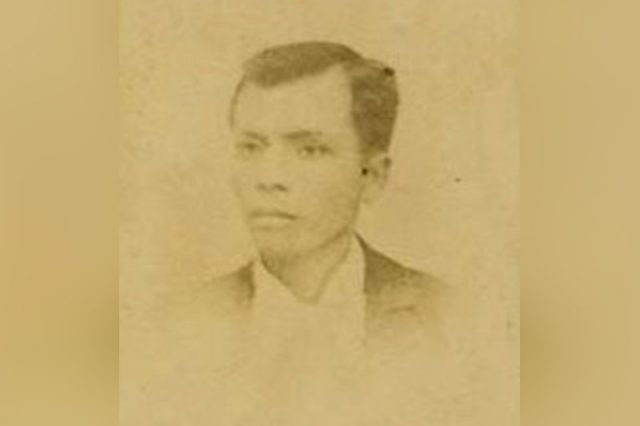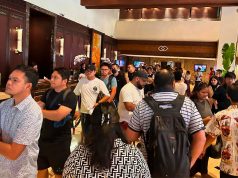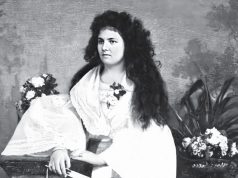Holidays are established to honor and commemorate the lives and deaths of significant personalities who helped shape our nation and Philippine history.
Majority of these are observed as death anniversaries, but only one of the nationwide holidays is commemorated as a day of birth.
A Filipino Redditor found this “confusing” and then shared a meme comic strip featuring two individuals that represented Rizal Day and Ninoy Aquino Day.
Both can be seen shaking hands with the text: “Takes place on their death anniversary.”
Another panel shows a different individual but significantly older.
The character said he represents Bonifacio Day.
“Takes place on his birthday,” the text reads.
The comic strip was posted as the country celebrates the 159th birth anniversary of the “Father of the Philippine Revolution” on Nov. 30, 2022.
The birthday of Andres Bonifacio, founder of the revolutionary movement Katipunan, is being commemorated through a non-working holiday instead of his death since the latter “raises painful questions.”
Historian Ambeth Ocampo said that the “Supremo” was “killed by the very revolution he started.”
“Heroes, like saints, are usually commemorated on the day of their death, their transition into history,” he said in a 2021 piece.
“Colonizers are the villains in our history, but Bonifacio’s death points to Filipino villains,” Ocampo added.
The historian also shared a 1928 article detailing Lazaro Makapagal‘s account of how Bonifacio was executed on May 10, 1897, for supposed treason against Emilio Aguinaldo‘s government.
The first president commuted the death sentence to banishment but was influenced by surrounding generals to withdraw the commutation.
The “Supremo” was gunned down in the Maragondon range with a Remington, according to Makapagal.
Prior to that, Bonifacio persuaded some men to join forces with him and stop Aguinaldo with the fear that the latter had plans to hand over the revolutionary government to the Spaniards.
Twenty-four years after the “Supremo’s” death, a legislature declared November 30 a national holiday to commemorate his date of birth instead.
Deaths as holidays
The rest of the Philippine holidays involve commemorating the deaths of significant historical figures.
Every December 30, the nation observes another non-working holiday to commemorate Jose Rizal’s nationalism and martyrdom when he died at the hands of the Spanish on that day in 1896.
Rizal, a novelist and considered the national hero, died by musketry on charges of rebellion, sedition and conspiracy.
December 30 is given more historical significance than Rizal’s birthday since the former date observes his martyrdom “symbolizing his great love for the country” and recalls why he willingly gave up his life for the nation.
Former senator Ninoy Aquino is also another figure whose death is commemorated every August 21 as a holiday.
The opposition senator was assassinated at the airport after returning from a self-imposed exile with the hopes of convincing late dictator Ferdinand Marcos to restore democracy through peaceful means.
Aquino’s death sparked outrage from Marcos’ critics. Three years later, a series of public protests happened for four days which progressed to the now-historic People Power Revolution.










